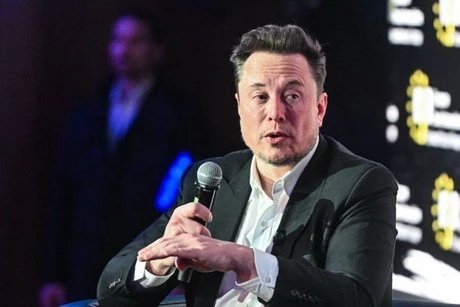In recent years, Elon Musk has gone from being a tech visionary and pop culture icon to one of the most polarizing figures in the United States. Once hailed as the genius behind Tesla, SpaceX, and Neuralink, Musk now faces an unexpected backlash from the very society that once idolized him. According to recent surveys, more than 50% of the U.S. population now holds a negative opinion of Musk. Even among Tesla’s most optimistic supporters, confidence is dwindling. With Tesla’s stock projected to drop by as much as 40% in 2025, the cracks in Musk’s empire have never been more visible.
**The Rise and Fall of a Tech Titan**
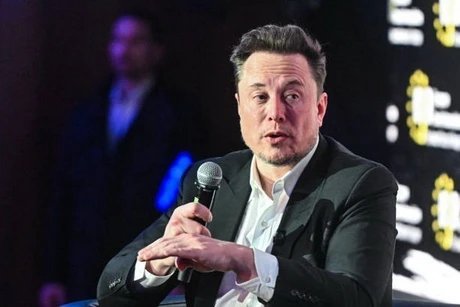
Elon Musk’s journey from an ambitious entrepreneur to the richest man on Earth was nothing short of extraordinary. He transformed electric vehicles from niche concepts into global phenomena and dared to challenge NASA with reusable rockets. For years, Musk was seen as untouchable—an innovator whose eccentricity was forgiven because of his brilliance.
But the tide has turned.
The very traits that once made him intriguing—his provocative tweets, unpredictable behavior, and grandiose promises—are now viewed as liabilities. Investors are growing tired. Consumers are walking away. And the media narrative has shifted from admiration to suspicion.
**Public Opinion: Why Americans Are Losing Faith in Musk**
Polls indicate that over 50% of Americans now view Elon Musk unfavorably. This decline in popularity stems from a combination of factors:
– **Political Statements:** Musk’s increasing involvement in political discourse, including controversial takes on free speech, has alienated large swaths of the public.
– **Twitter/X Acquisition:** His $44 billion acquisition of Twitter, now rebranded as X, has been described by many as one of the worst business decisions in tech history. The platform’s decline in content moderation, revenue, and user trust has reflected poorly on his leadership.
– **Wealth Inequality:** In a time of growing economic hardship, Musk’s immense wealth has drawn criticism. His perceived detachment from the struggles of everyday Americans has made him a target of populist anger.
What once made him a symbol of innovation has, in the eyes of many, turned him into a symbol of arrogance and excess.
**The Tesla Dilemma: A Company on the Edge**
Tesla, once considered the crown jewel of the electric vehicle revolution, is facing an identity crisis. While the company still leads in EV sales in the U.S., its growth has slowed, and its valuation is under scrutiny.
Industry analysts warn that Tesla’s stock could lose up to 40% of its value this year. This isn’t just due to external economic factors—it’s about confidence. And confidence is fading fast.
**Why Tesla’s Stock Is Vulnerable**
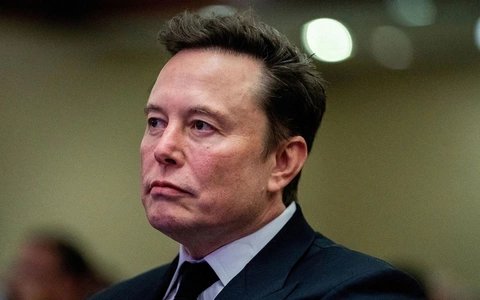
Several key issues are contributing to the potential decline in Tesla’s stock:
1. **Increased Competition:** Legacy automakers like Ford, GM, and even Toyota are catching up fast with their own EV lines. Meanwhile, Chinese brands such as BYD are making aggressive moves in global markets.
2. **Stagnant Innovation:** Tesla hasn’t released a groundbreaking new model in years. The long-promised Cybertruck is still surrounded by uncertainty and delays.
3. **Leadership Distraction:** Musk’s attention is divided among too many ventures—X, SpaceX, Neuralink, and The Boring Company. Investors worry that Tesla is no longer his top priority.
4. **Brand Damage:** Musk’s controversial persona is beginning to reflect on Tesla itself. People who dislike Musk are actively choosing not to buy Tesla vehicles, affecting the company’s bottom line.
**The EV Market Is Evolving—And Tesla Isn’t Keeping Up**
The electric vehicle market has changed dramatically in the last five years. Government incentives, consumer awareness, and environmental urgency have driven a surge in demand. But Tesla, once the only player in the game, now faces fierce competition.
Brands like Rivian and Lucid are attracting premium buyers. Budget-conscious consumers are leaning toward cheaper EV options. And Tesla, once celebrated for its innovation, is beginning to look outdated in comparison.
Worse still, several quality and safety concerns have plagued Tesla vehicles. Autopilot malfunctions, fire risks, and customer service complaints are piling up—and hurting the company’s reputation.
**The Twitter/X Debacle: A Self-Inflicted Wound**
Musk’s acquisition of Twitter, now X, may be one of the most damaging moves to his public image and his companies. Under his leadership, the platform has become a hotbed of misinformation, hate speech, and user discontent.
Advertisers are pulling out. Regulators are watching. And users are abandoning ship.
For Tesla shareholders, Musk’s obsession with Twitter is a red flag. It raises concerns about judgment, priorities, and ego. More importantly, it’s alienating potential customers who no longer want to be associated with anything Musk touches.
**Even Loyal Fans Are Turning Away**
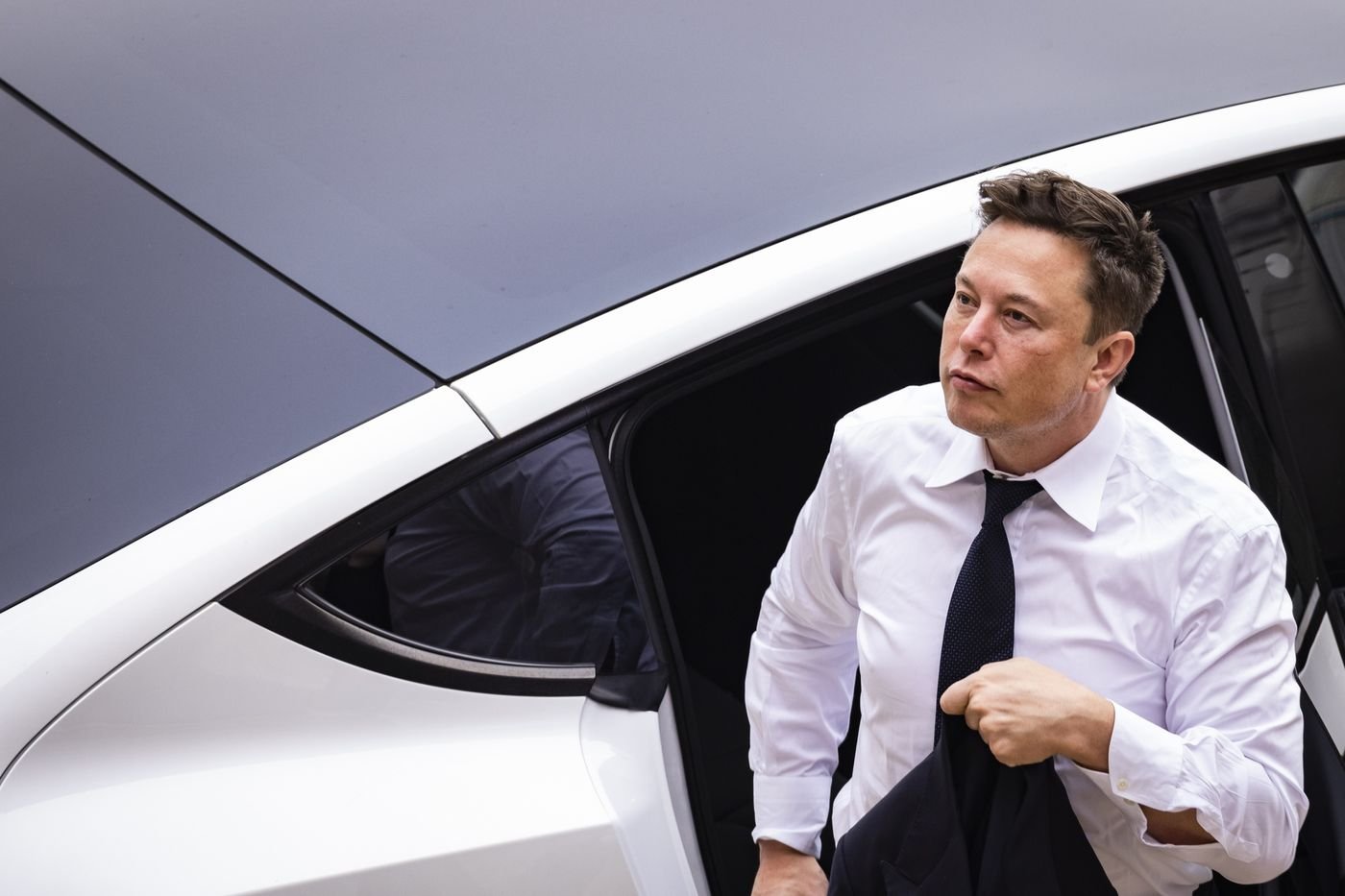
Perhaps the most troubling sign is the growing disillusionment among Musk’s core supporters. People who once saw him as a hero are now voicing frustration.
Online forums and Tesla owner groups are filled with complaints—from vehicle quality to customer service to political rants. Some are selling their Teslas. Others are canceling pre-orders. And many are simply tired of the drama.
In a hyper-connected world, brand loyalty is fragile. And Tesla is learning that the hard way.
**Economic Headwinds Make Things Worse**
On top of Musk’s self-inflicted wounds, broader economic conditions are adding pressure. Interest rates are rising. Inflation remains stubborn. Consumer confidence is shaky. And big-ticket items like cars are being hit the hardest.
EVs, often seen as luxury purchases, are among the first to feel the pinch. Tesla, with its premium pricing and reduced government subsidies, is particularly vulnerable.
**What Could Save Tesla—And Musk?**
Despite all the doom and gloom, Tesla isn’t dead yet. The company still has a strong infrastructure, a loyal base of tech-savvy consumers, and a lead in EV charging networks. But saving Tesla will require a dramatic course correction.
Here are a few possible solutions:
– **Focus on Affordability:** Launching a truly affordable EV could restore consumer interest and expand Tesla’s market share.
– **Shift the Spotlight:** Musk must reduce his public presence, particularly on X, and allow professional leadership to shine.
– **Innovate Again:** Tesla needs a new “wow” product—whether it’s the Cybertruck, an advanced AI feature, or energy solutions that make headlines.
– **Rebuild Trust:** Improved customer service, better quality control, and transparent communication could go a long way in mending the relationship with the public.
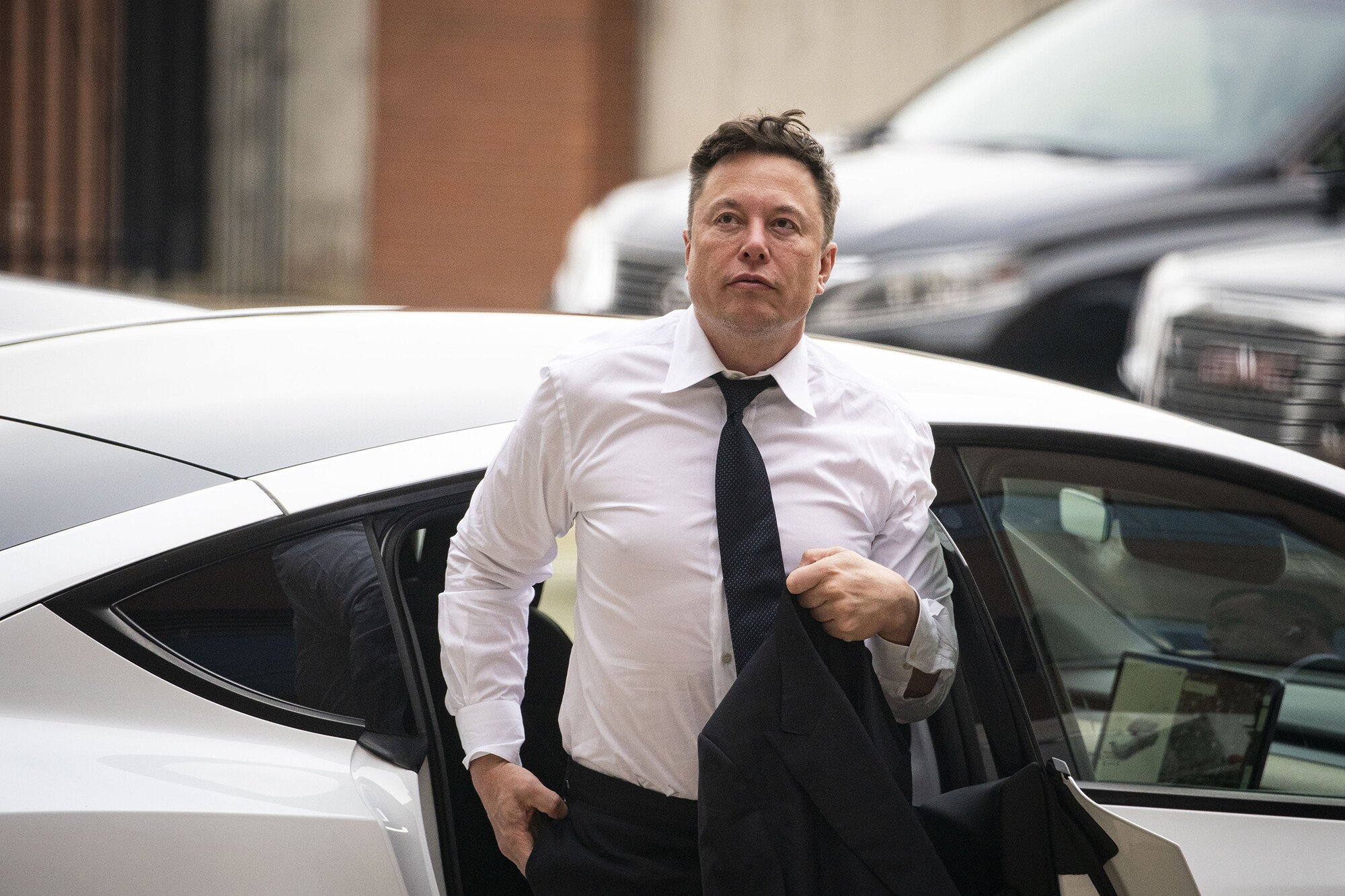
**Conclusion: The Future Is Uncertain**
Elon Musk’s fall from grace in American public opinion is not just a personal issue—it’s a business crisis. As more than 50% of the U.S. population turns against him and confidence in Tesla plummets, both the man and the company face an inflection point.
The forecasted 40% drop in Tesla’s stock is not just a number—it’s a signal. A signal that innovation alone is not enough. That public trust is fragile. That even the biggest names can fall hard and fast.
If Musk wants to reclaim his place in the American imagination, it’s going to take humility, focus, and a deep understanding of the shifting cultural landscape. Because right now, more people are betting against him than ever before.
And in the unforgiving world of business, perception often becomes reality.
